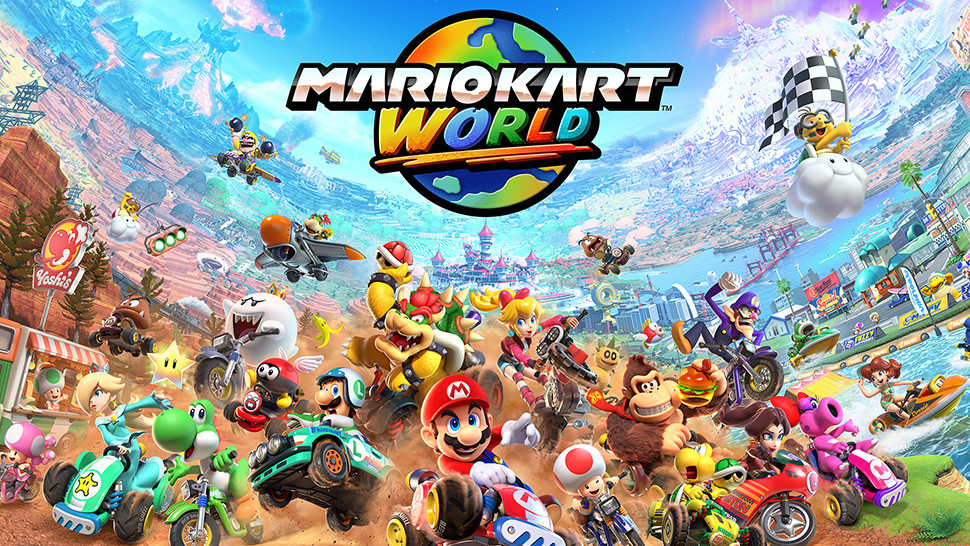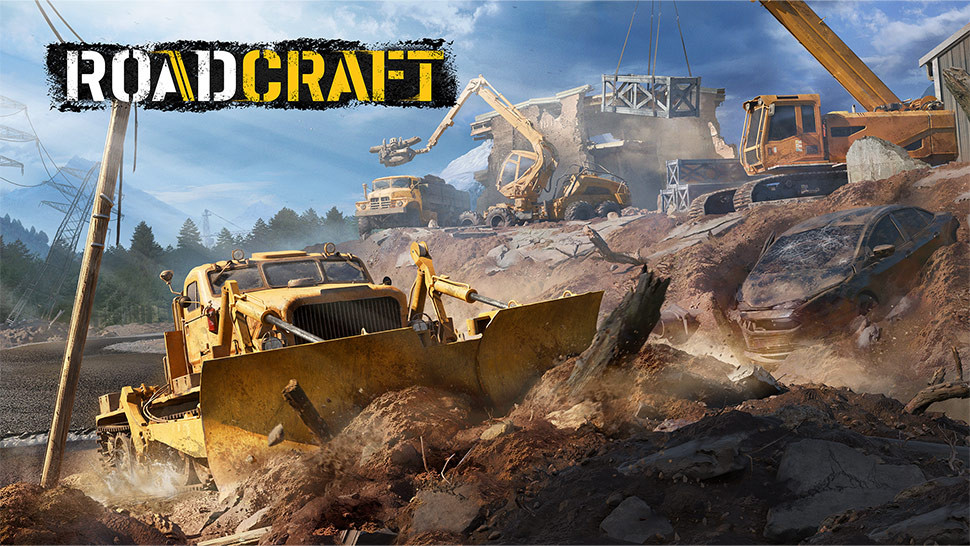Okabu Review
 By Marcus Jones | Oct 18, 2011
By Marcus Jones | Oct 18, 2011
Okabu, a new and very interesting game from developer HandCircus, has a very important environmental message at its core. The game centers on the idea of preserving the environment, and does so by having the player take the role of two cloud-whale brothers. Their home in the clouds is being polluted from the actions of the Doza on the ground, an industrial race bent on creating machines and dumping their toxic waste and pollution into the environment. The two brothers join forces with the Yorubas, a group devoted to living in harmony with the planet they inhabit. The game boils down to the two brothers, along with some help, fighting to end the senseless destruction of the environment and eventually save their home in the clouds.
It’s simple to sum up the gameplay in Okabu – it is at its core a puzzle game. There are some other elements that are minor, but essentially it’s all a case of using the brother’s abilities of absorbing liquids and having riders (with their own abilities) join them on their adventure. The brothers are capable of absorbing items, like water and oil, and in turn using them to water plants or make fires grow. They are also joined by riders who have their own distinct capabilities; the first one you meet comes equipped with a plunger harpoon which is used to drag items or open doors. There are other riders players will meet later in the game, all required to pass obstacles that pop up later.
The puzzles in the game aren’t necessarily difficult. In fact, they’re pretty straightforward and even laid out within the game with arrows that point the way continuously. It’s possible to burn through levels in the matter of minutes with a constant “push forward” attitude. The biggest downside is once you’ve gotten a new rider’s ability or way to get past an obstacle learned; it’s a constant “do this again…and again…AND AGAIN!” type of gameplay. I got bored a little too quickly, even with the miniature robots to fight and simple boss battles within the game. Luckily for those who are interested in seeing everything, there are lots of hidden items and things to do throughout. There are hidden eggs to find and statues to break apart, both of which only serve to add to the completion bonuses. Multiple playthroughs are encouraged through these extra quests, however they aren’t expressively stated within the game. Destroying statues is an early puzzle that teaches how to absorb acorns and use them as projectiles, but past that game will not tell you to demolish all the statues you see until the ratings screen after a level.
Stylistically, the game is beautiful. I really enjoyed the brightness of the game and the vivid colors of the sprouting landscape. On the opposite end of that spectrum, the dirty and disgusting pollution spreading around the is a nice, stark contrast to the wonderful exuberance of life elsewhere. HandCircus did a great job with the graphics of this game and how it all looks – it’s perhaps my favorite part of the entire game.
The music was also kind of a blast to a point; it all had a very upbeat tempo and flair that I enjoyed. I heard some diverse music in this game, with pieces that sounded like they ranged from Latin American sambas to African drums. It was a good mixture of the graphics and the music that went well with the overall theme of the game. However, I would have enjoyed the music much more if not for the constant repetition in levels that got to me. I can only listen to some of the songs for so long before I started frantically trying to finish the levels as inhumanly fast as possible just to make it end. Listen, it’s cool for the first 5 – 10 minutes, but after that I can’t keep hearing it continuously. It reminded me of the torture of De Blob 2’s continuously looping music, the same music that drove my urge to pound all of the residents into goopy, painted blobs instead of re-coloring the world.
Simply Put
Overall the game is fun, but too simplistic and lacking a lot of substance other than the central theme. I like the message behind the game, but there just isn’t enough there to justify spending as much time as I did playing. I am completely behind HandCircus’ message of recycling and cleaning up the environment, but I was just not standing with some of the repetitive gameplay (and music at points). While anyone can easily enjoy this game, it felt to me as though it was geared mostly towards kids, however there is too much text and major themes being presented that it doesn’t seem to work that way either.
Note: Okabu was reviewed on PlayStation 3. A digital copy of the game was provided by the publisher/developer.




